It is estimated that each American eats 53 pounds of bread a year. The reasons are very simple since the bread is delicious, practical and can be easily transported anywhere. However, like most things that taste so good, bread also has its negative effects on the human body.
And when our bodies are upset, they send signals so that we can fix the problem. We want to alert you to 7 of the most worrying signs that you should cut back on bread.
You Are Getting Constipated
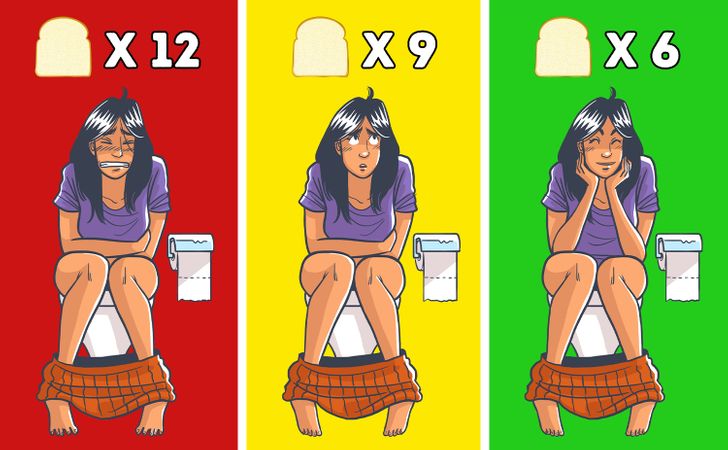
People who are gluten intolerant or have celiac disease but are unaware that they can constantly feel bloated. Not only that, but they have trouble going to the bathroom because their intestines feel blocked.
You may not be gluten intolerant, but you have a high sensitivity when consuming wheat and other grains. The best thing to do in this case is to run a series of tests with your doctor to see if gluten is harming you.
Remember that in almost all countries around 0.5% -1% of the population has celiac disease. This means that even if you have it, there are plenty of substitutes that you can enjoy.
You Get Hungrier
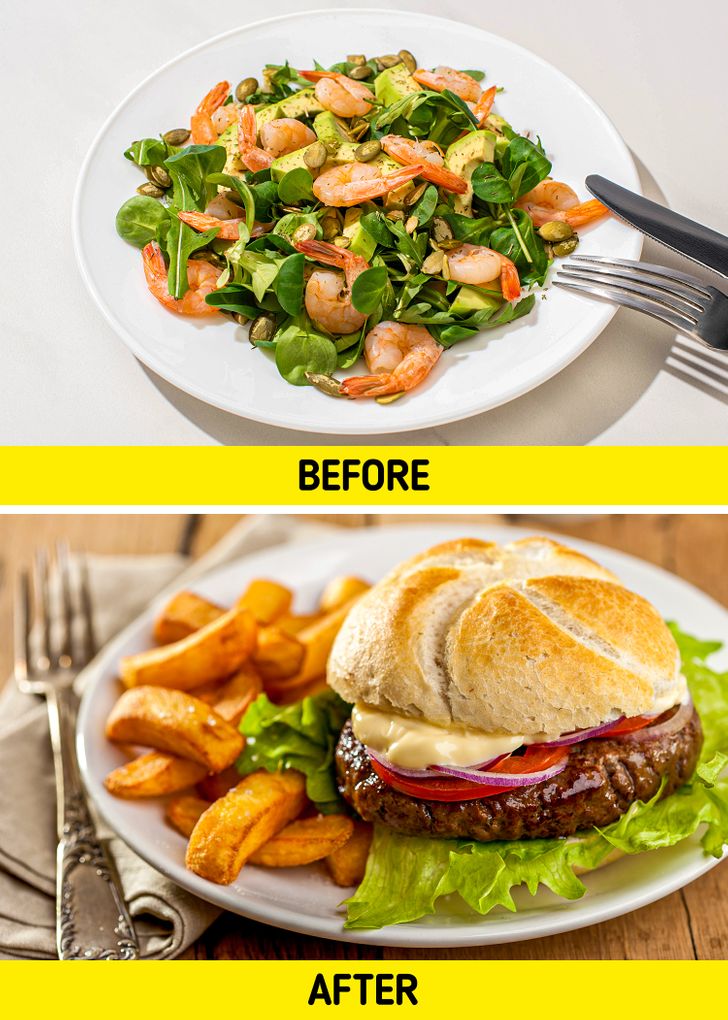
It’s true that highly refined grains like white bread, white rice, pretzels, and crackers are high in calories. And the way they work is that they make you want to eat more because of their sugar content.
That’s why when you’re feeling extremely sad or stressed, you reach for those refined grains that will make you feel better momentarily.
This is why you may also notice weight gain, something that can easily be avoided by converting to whole grain products. A study has shown that these products can help you lose belly fat faster than refined grains.
And that’s because they contain more vitamins and minerals. But that doesn’t mean you can over-consume them.
Your Cholesterol Levels Are Increasing
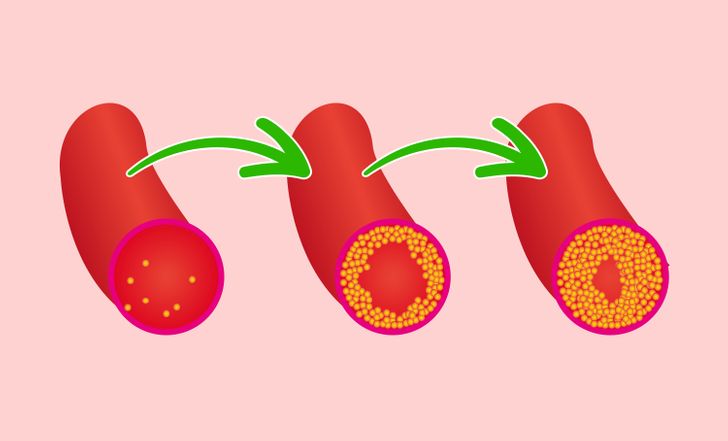
Your regular oven-baked bread may not be responsible for the cholesterol spike, but store-baked goods are. Products like croissants, shortbread rolls, and all kinds of packaged bread are high in trans fat. These products contain a lot of butter and eggs that can raise your cholesterol if eaten regularly.
Also, most gluten-containing products fall into the same harmful category. These products vary and can include packaged cookies and cakes, donuts, and most commercially fried foods. The best thing to do is to always check that the packaging does not contain fat in the ingredients.
You May Be Having Too Many Breakouts
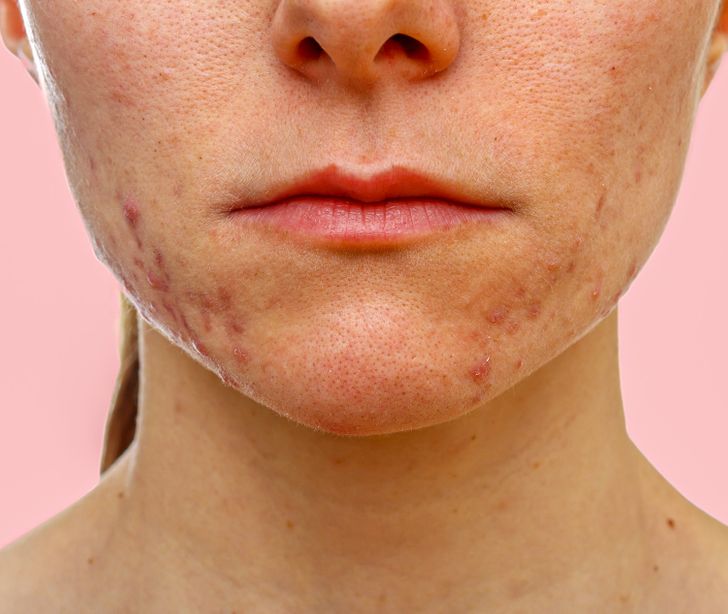
Again, refined grains are to blame for another problem you may be facing. Foods like noodles, white rice, noodles, cereals, and anything else made with white flour can cause skin rashes.
As one study showed, people who ate a lot of refined carbohydrates had a 30% increased risk of developing acne. This is mainly because these products are high in sugar, something that increases your insulin levels.
In response to this increase, androgen hormones become more active and acne develops. On the other hand, people who don’t eat a lot of sugar seem to have minor problems with breakouts and acne.
You Get Extremely Sleepy After Meals

When you eat a lot of bread in your daily diet, large amounts of insulin are released into your bloodstream. Insulin helps tryptophan stay in your blood longer than you would like.
Tryptophan is an amino acid that helps produce serotonin and melatonin, 2 neurotransmitters that help stabilize your mood. They also promote sleep and help regulate the sleep-wake cycle.
This is why you may feel sleepy and extremely calm after a large meal filled with refined grains. Therefore, you may want to reconsider your food choices if you need to return to work after a meal.
Your Blood Pressure Is Increasing
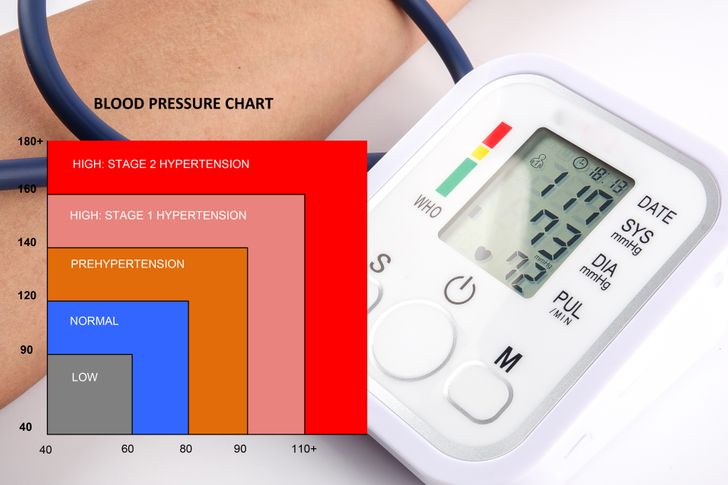
9 out of 10 Americans consume more salt than recommended, and bread, in its various forms, is the main culprit. A slice of ordinary bread can contain up to 230 mg of salt, which is 15% of the maximum daily limit.
A plain sandwich will have twice that amount. Highly processed foods like pizza, muffins, croutons, and sandwiches increase the amount of sodium even more.
The result of high sodium intake is an increase in blood pressure, responsible for many people suffering from heart disease and stroke. And when it comes to the US, the average American consumes much more salt than the CDC recommends.
Do you recognize any of the above signs in yourself? If so, do you think the consumption of bread is responsible for them?
Preview photo credit Depositphotos.com









